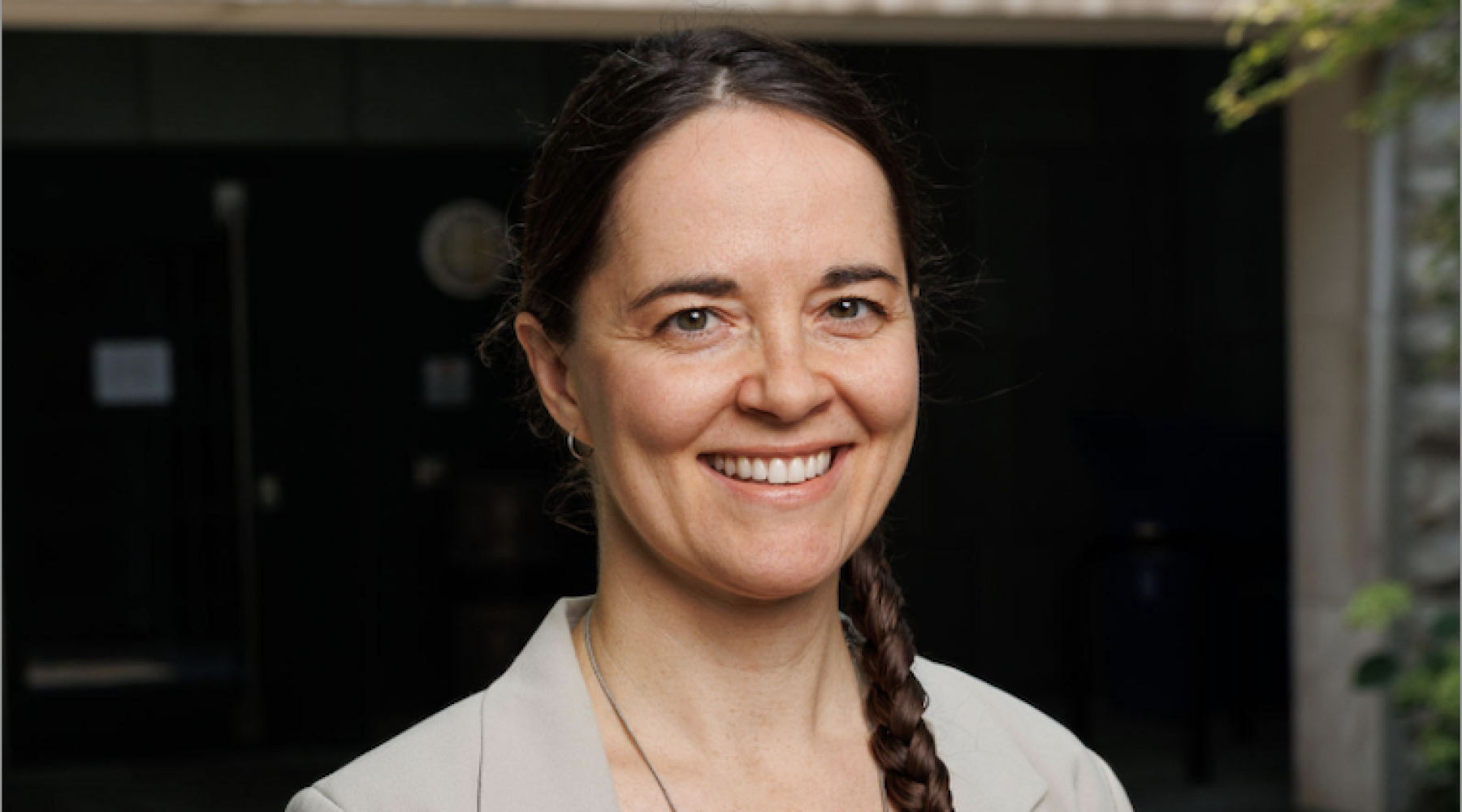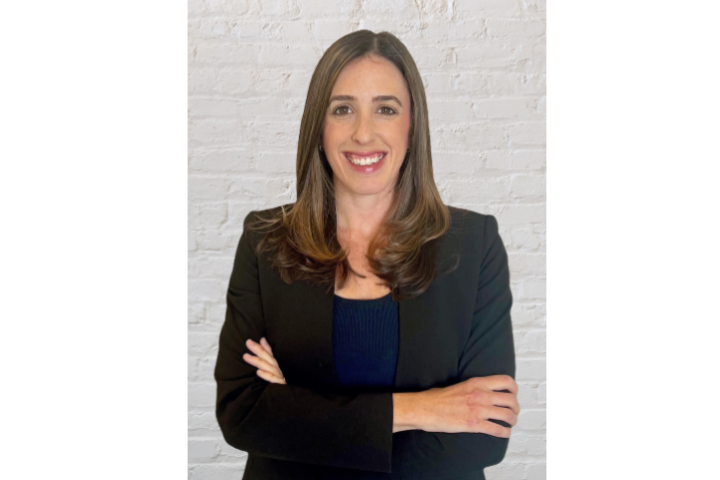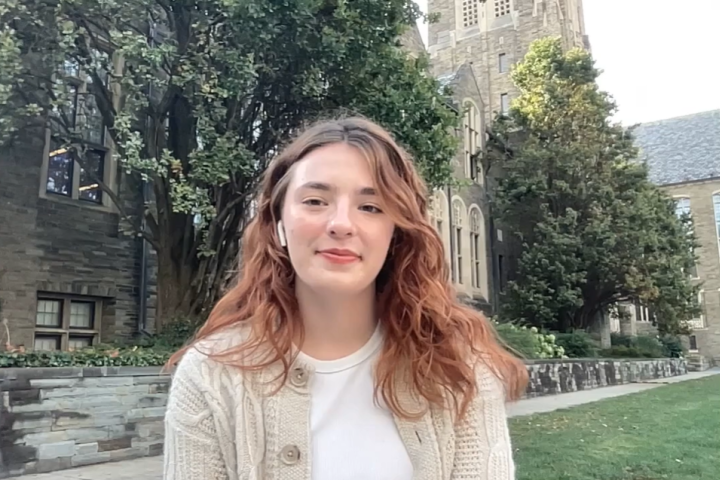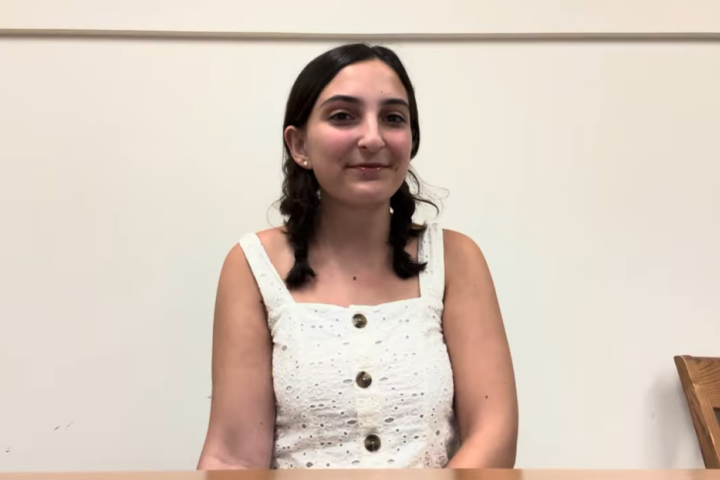
Dionne Pohler: Shaping The Future of Conflict Resolution
Dionne Pohler didn’t set out to become a scholar of conflict resolution, “I initially didn’t think I would go to university,” she reflects. “Neither of my parents had a degree.” Growing up as the eldest of nine children on a farm in rural Saskatchewan, conflict was both familiar and formative. “I played this role a lot in my family—resolving conflicts. I had to get used to the idea that people didn’t all think the same.”
In 2025, Pohler was appointed the David and Alexandra Lipsky Chair in Dispute Resolution at Cornell University’s ILR School, and Associate Director of the Scheinman Institute on Conflict Resolution. Pohler is a respected academic, mediator, and educator whose work sits at the intersection of labor relations, social policy, and collective problem-solving.
“I started out in journalism. Then I was going to go into accounting. So I was a little bit all over the place,” she admits. But that winding path, she says, taught her something critical: “Research is discovery. You can be curious and ask questions and not know what the answer is.” That sense of intellectual curiosity eventually led her to a PhD in Industrial Relations at the University of Alberta—despite not fully grasping what a PhD even entailed at the time. “I didn’t really understand that it meant research,” she says. “I was very young… a bit of a fish out of water.”
Still, it’s precisely that tension—between uncertainty and openness, structure and ambiguity—that continues to shape her thinking about conflict. “The answer emerges by undergoing a process,” she explains. “It’s not about thinking you already know.”
Conflict as Collective Practice
Whether she’s analyzing union-management dynamics, gender wage gaps, or cooperative models in Indigenous and rural communities, Pohler’s research is united by a common question: What does it take to work through difference in a productive, collaborative and equitable way?
“I think bringing people together to work on shared problems is one of the best ways to build societal cohesion,” she says. “That’s ultimately the end goal of conflict resolution.”
She doesn’t romanticize harmony, either. Pohler’s work—both academic and hands-on—focuses on conflict’s generative potential. “Part of it is teaching people the skills to talk about shared problems and figure out solutions that move them beyond their own preferred outcomes,” she explains. “Unions give people that ability to practice that… and even help management learn to work with stakeholders who have different perspectives.”
Research with Real Stakes
“Whether it’s labor relations, rural-urban polarization, co-operative development, or gender inequality—it always comes down to how people engage with one another,” Pohler states. How do we create the spaces and conditions for people to come together, especially when their differences would otherwise keep them apart?” She believes that institutions matter, but so do processes. “There are always going to be power imbalances,” she says. “The question is: how do we set up situations so that those power differentials become less important in the present moment—when we’re together, trying to solve a problem or work through a conflict?”
This is more than theory for Pohler. In her last years at the University of Saskatchewan, she also served as a contract mediator for the province’s Department of Labour Relations and Workplace Safety. “I was doing grievance mediation and helping to restore workplace relationships—and absolutely loving it,” she says. “It is tied directly to my emerging research interests around what makes mediators successful in different contexts.”
Teaching as Transformation
Pohler’s teaching is grounded in the same ethos as her scholarship: making room for discomfort, growth, and perspective-shifting. “It’s really important for me that students know I value the perspectives they bring,” she says. “I want to create a level of trust so that we can let conflict arise in the safety of the classroom—and practice how to deal with it.”
She describes her classroom as a kind of laboratory for emotional and intellectual discovery. “I often tell students about one of my first university professors who challenged a deeply held religious belief of mine. It was
jarring but that experience changed my life.”
Her upcoming undergraduate course—“Introduction to Conflict Resolution and Negotiation”—will lean heavily on experiential learning. “We’ll simulate real-life situations to spark emotional responses, and then reflect. The goal is to learn how to be more effective when the stakes are higher—when these conflict resolution and negotiation skills are needed in real life.”
On Technology, AI, and the Changing Terrain
Looking forward, Pohler sees the biggest disruptions coming from technology—and not just in the workplace. “I have a strong preference for in-person mediation,” she says. “But I’m aware that technology is changing the way we relate to each other—and our brains.”
She acknowledges that platforms like AI have potential—people already use tools like ChatGPT to figure out how to approach difficult conversations—but also warns of the risks. “We might be outsourcing the process of discovery,” she notes. “And part of conflict resolution is about making mistakes and adjusting in real time, with real people.”
Rooted in Rural, Focused on the World
For all her national and international work, Ithaca feels like home. “Cornell is one of the best universities in the world in this field,” she says. “But it’s also in rural upstate New York. I’m from a farm in rural Saskatchewan. My husband and I love hiking, nature, camping—it really does feel like home.”
And in many ways, her journey has come full circle—from the oldest child resolving disputes among eight younger siblings to a globally respected scholar helping shape the future of conflict transformation.
When asked about the legacy she hopes to leave, Dionne Pohler is clear: “I hope we equip more people with the skills to have the hard conversations. Because that’s where change happens—not in knowing the answer in advance, but in being willing to work through the process together.”



